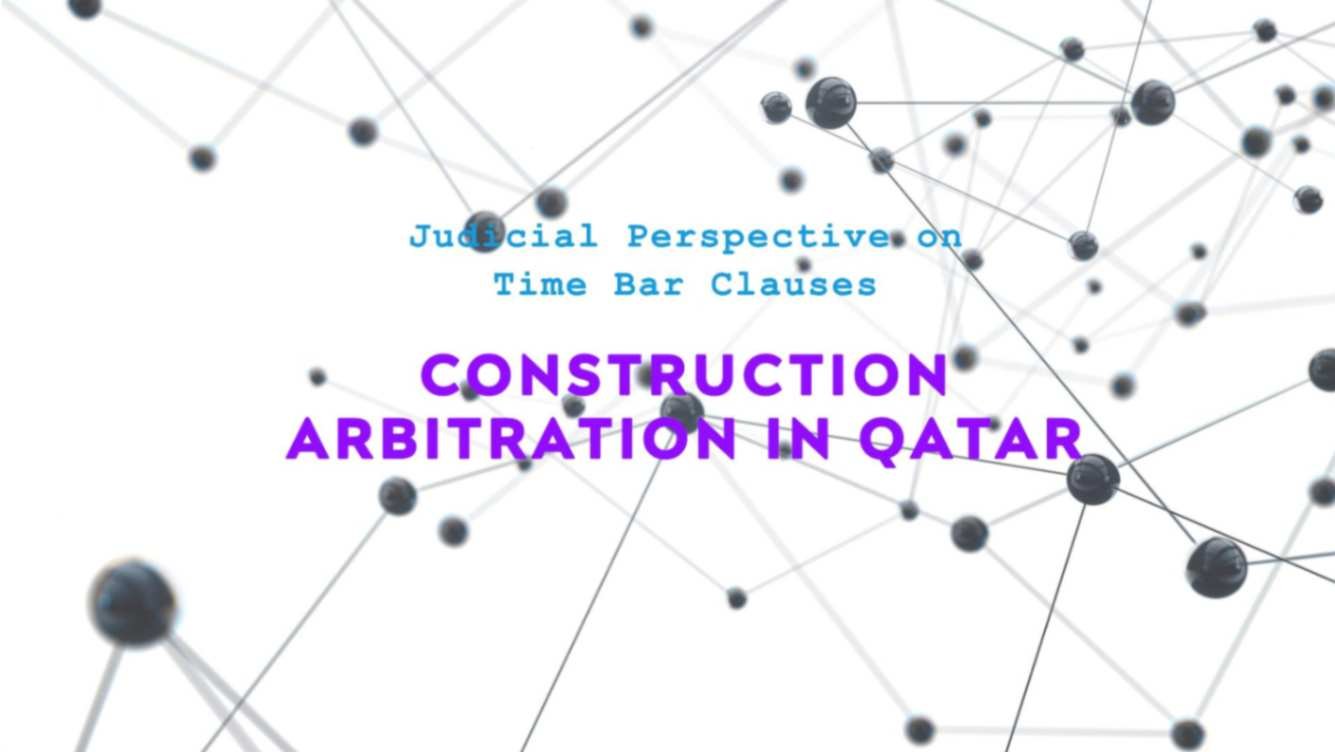
👉 Article 418 of the Civil Code expressly bans parties from agreeing to a different prescription period than that set out in the law. Under article 403 therein, the general prescription period in civil matters is 15 years. |

👉 Article 418 of the Civil Code expressly bans parties from agreeing to a different prescription period than that set out in the law. Under article 403 therein, the general prescription period in civil matters is 15 years. |
Choose ADROIT as your Expert Advisor!
A-202 Oak Canopy, Trichy Road,
Coimbatore - 641 005,
Tamil Nadu, India.
Post Box 228, Postal Code 211,
Muscat - Oman.
This website has been designed only for the purposes of dissemination of basic information on ADROIT; information which is otherwise available on the internet, various public platforms and social media. Careful attention has been given to ensure that the information provided herein is accurate and up-to-date.
This website is not an attempt to advertise or solicit clients and does not seek to create or invite any lawyer-client relationship. The links provided on this website are to facilitate access to basic information on ADROIT, and, to share the various thought leadership initiatives undertaken by it. The content herein or on such links should not be construed as a legal reference or legal advice. Readers are advised not to act on any information contained herein or on the links and should refer to legal counsels and experts in their respective jurisdictions for further information and to determine its impact.